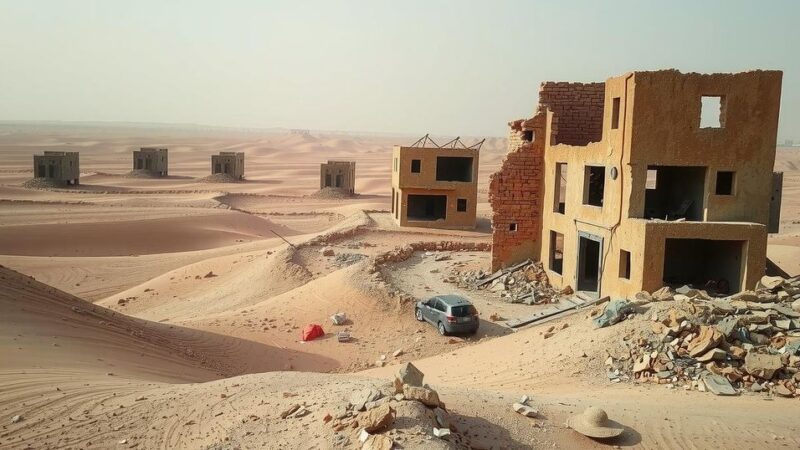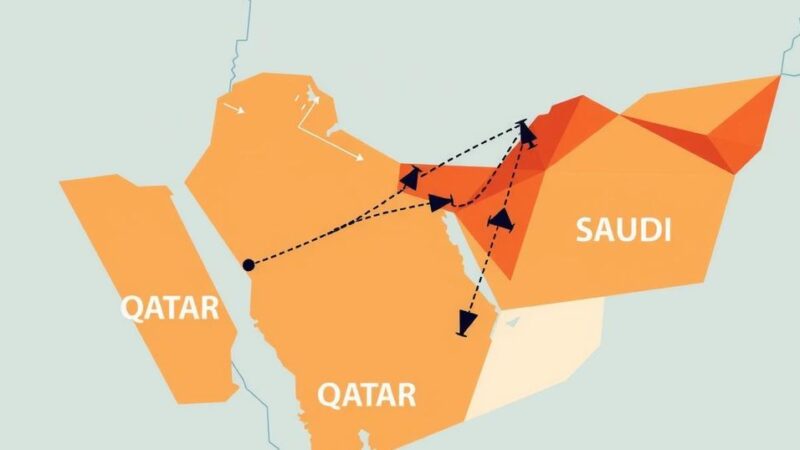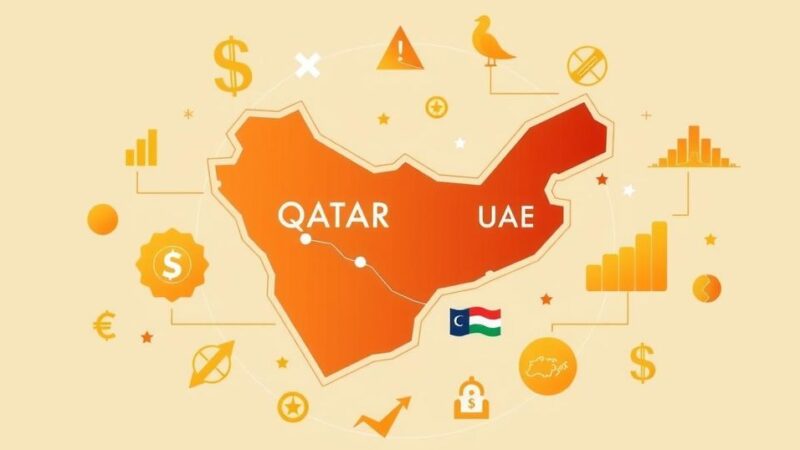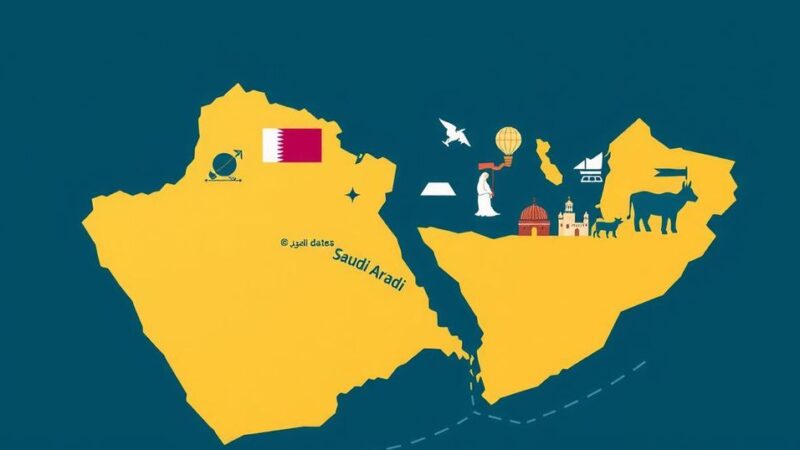On March 10, Syria’s interim government and the Kurdish-led SDF signed a major deal aimed at fostering national unity. However, uncertainties linger due to recent constitutional developments. The agreement promises recognition for the Kurdish community, economic benefits, and a potential shift in Syria’s post-war governance dynamics, contingent on resolving key integration issues. International support for reconciliation remains strong, but significant challenges lie ahead.
On March 10, a significant agreement was forged between the interim government of Syria and the Kurdish-led Syrian Democratic Forces (SDF), aimed at fostering unity within the Syrian Arab Republic. However, the enactment of this deal remains uncertain, especially in light of the recent constitutional declaration that may impact its implementation. This initiative intends to integrate military and civilian institutions into one cohesive Syrian state at a crucial juncture for government legitimacy amidst escalating international scrutiny regarding violence against Alawite minorities.
Experts believe this agreement could dramatically alter Syria’s post-war dynamics. Nanar Hawach, a senior analyst, emphasized the importance of timing, noting that ongoing security challenges, including attacks along the coast and Israeli interference in the south, likely pressure Damascus to pursue this deal. Similarly, analyst Mutlu Civiroglu suggested that the engagement with SDF commander Mazloum Abdi allows the Syrian leader, Al-Sharaa, to position himself as a representative of all Syrian identities.
The Kurdish factions involved in the SDF, along with the Autonomous Administration of North and East Syria, condemned recent attacks targeting Alawites, linked to rising ethnic tensions. Abdi described these violent acts as part of a systematic assault on Syria’s minority groups, urging governmental intervention to prevent further escalations of violence, particularly after a deadly ambush that killed over a dozen security personnel in early March.
In the wake of a significant surge in violence, as reported by the Syrian Observatory for Human Rights, tens of thousands of Alawites took refuge in the mountains, fearing for their safety amid ongoing hostilities. The proposed Damascus-SDF deal aims to recognize the Kurdish community as integral to the Syrian state, ensuring their rights and mandating a cessation of conflicts in SDF-controlled territories.
The deal promises economic benefits for both parties, particularly concerning the management of oil resources. Joshua Landis highlighted that the agreement enables the interim government to take control over oil fields while ensuring that the Kurds receive a substantial portion of the profits. This administrative shift is viewed as pivotal for revitalizing the battered oil industry necessary for Syria’s extensive reconstruction costs, estimated at up to $400 billion.
Moreover, analysts foresee the potential for this deal to enhance national reconciliation after more than a decade of conflict, with international and regional stakeholders, including the UN and various countries, expressing support. Nevertheless, the success of the agreement relies on how the involved parties address unresolved details regarding reintegration and autonomy for the Kurdish region.
While this accord outlines pivotal principles, it is not a comprehensive plan. Critics point out that various contentious matters, particularly regarding military arrangements, remain unresolved. The SDF will integrate into the Syrian Defense Ministry, but significant challenges persist regarding the future balance of military power and local governance arrangements.
The transition appears fraught with complexities, as the interim president has previously expressed a desire for a centralized state, with no explicit mention of a unique status for Kurds in the new constitution. After signing a temporary constitution on March 13 that established Islamist rule, the SDF’s political wing contested the constitutional declaration, asserting it centralizes authority and undermines democratic governance. They called for comprehensive reform to ensure equitable power distribution and the safeguarding of political freedoms for all Syrian citizens.
The recent agreement between Syria’s interim government and the SDF represents a pivotal moment towards national reconciliation but is marred by uncertainties concerning its effective implementation. Experts predict that if the deal is enacted, it could significantly reshape Syria’s governance landscape while addressing critical issues regarding ethnic representation and economic collaboration. Nevertheless, the successful inauguration of this agreement hinges on the mutual resolution of outstanding details, particularly around military integration and local governance, amidst rising tensions and international scrutiny.
Original Source: www.arabnews.com






